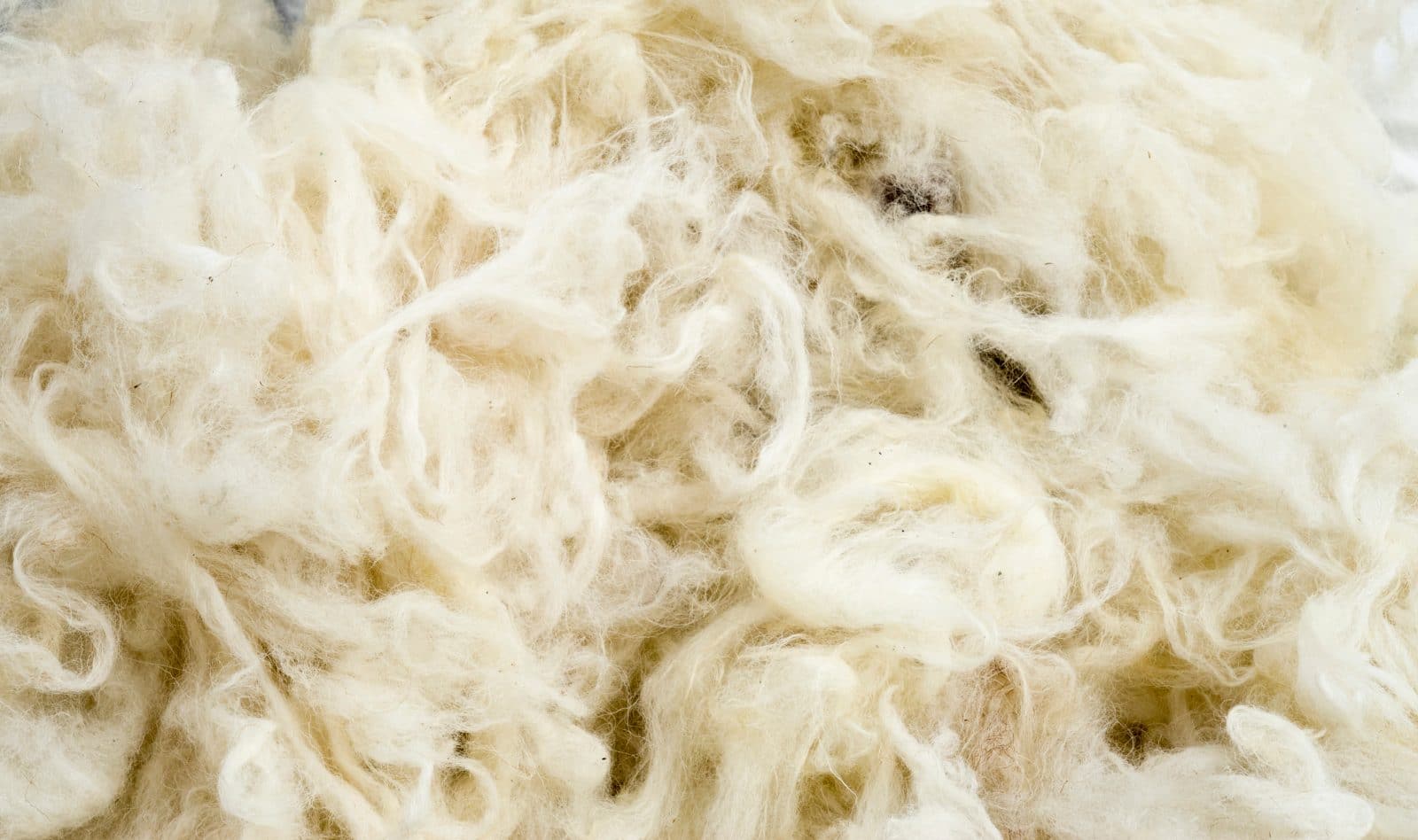No products in the cart.
Soundproofing Your Space with Eco-Friendly Materials

29
Mar
With environmental issues becoming increasingly critical, it is crucial to use sustainable and eco-friendly materials in all facets of our lives, including soundproofing.
Soundproofing is a crucial element in creating a peaceful and comfortable living or working environment. However, it often involves the use of materials that are harmful to the environment and lack sustainability.
In this blog post, we will explore four eco-friendly options for soundproofing a space. These unexpected materials that can soundproof a space without compromising on quality or effectiveness.
Wool as an Eco-Friendly Sound Absorbing Material

Wool is a natural and sustainable material that has excellent sound absorption properties. It is also fire-resistant, moisture-resistant and has natural antimicrobial properties. Wool insulation, available in batts or rolls, to soundproof walls, floors, and ceilings. Wool is also a great option for soundproofing home theaters or recording studios.
You can install wool batts or blankets between wall studs or ceiling joists to reduce sound transmission between rooms. Wool panels can also reduce the echo of sound waves and improve acoustics in a space. Manufacturers typically compress layers of wool fibers together to form a dense, acoustically absorbent material. This can then be installed as panels on walls, ceilings, or floors.
The dense fibers of wool make wool carpets and rugs a good solution for absorbing echo and preventing some of the impact from footsteps from being heard from the floor below.
Learn more: Other Soundproofing Material to Use in Your Home
Denim as a Sustainable Material for Sound Absorption
Recycled denim is another eco-friendly option for soundproofing. Denim insulation, made from recycled cotton fibers, is non-toxic and hypoallergenic, making it a safe option for indoor use. You can also use it in batts or rolls to soundproof walls, floors, and ceilings.

Manufacturers typically shred old denim into small pieces and treat it with a flame retardant to make denim insulation. They also compress layers of denim fibers together to form a dense acoustically absorbent material for acoustic panels.
You can also use curtains made from recycled denim to reduce echo within a room.
While these dense fibers certainly help to absorb sound in a space, you would need MLV lined curtains (AcousticCurtain or AcoustiTrac are great options in addition to denim materials) to prevent sound transmission through a window.
Hempcrete as a Sustainable Sound Absorber
Hempcrete is a sustainable and eco-friendly building material made from hemp fibers, lime, and water. It is lightweight, durable, and has excellent thermal and acoustic properties. You can use hempcrete to soundproof walls, floors, and ceilings.
Hempcrete can be used to build walls typically thicker than traditional walls and are effective at absorbing sound. The sound that travels through them can be reduced by up to 50%. The porous nature of hempcrete also makes it a great option for insulation between walls and flooring. Hempcrete is also resistant to mold and pests, making it a healthy choice for indoor environments.
Cork as an Eco-Friendly Sound Absorber
Cork is a versatile and sustainable material that has excellent soundproofing properties. It is a natural and renewable resource, harvested from the bark of the cork oak tree.
Cork has a unique cellular structure that makes it an excellent sound absorber. It is also lightweight and easy to install. Cork, used in combination with other materials is a great option for soundproofing walls, floors, and ceilings.
Cork wall tiles and cork underlayment under flooring can be installed to reduce impact from footfall that would normally be heard by those on the floor below.
In review:
- Choosing eco-friendly materials to soundproof your space not only makes a positive impact on the environment, but is an effective way to reduce unwanted sound and noise pollution in your home, gathering place or business.
- Eco-friendly and sustainable materials like wool, recycled denim, cork and hempcrete are non-toxic, produce minimal waste and can be recycled at the end of its use.
- Creating a quieter and healthier space while contributing to a more sustainable future, is truly a win-win for you and the environment.
